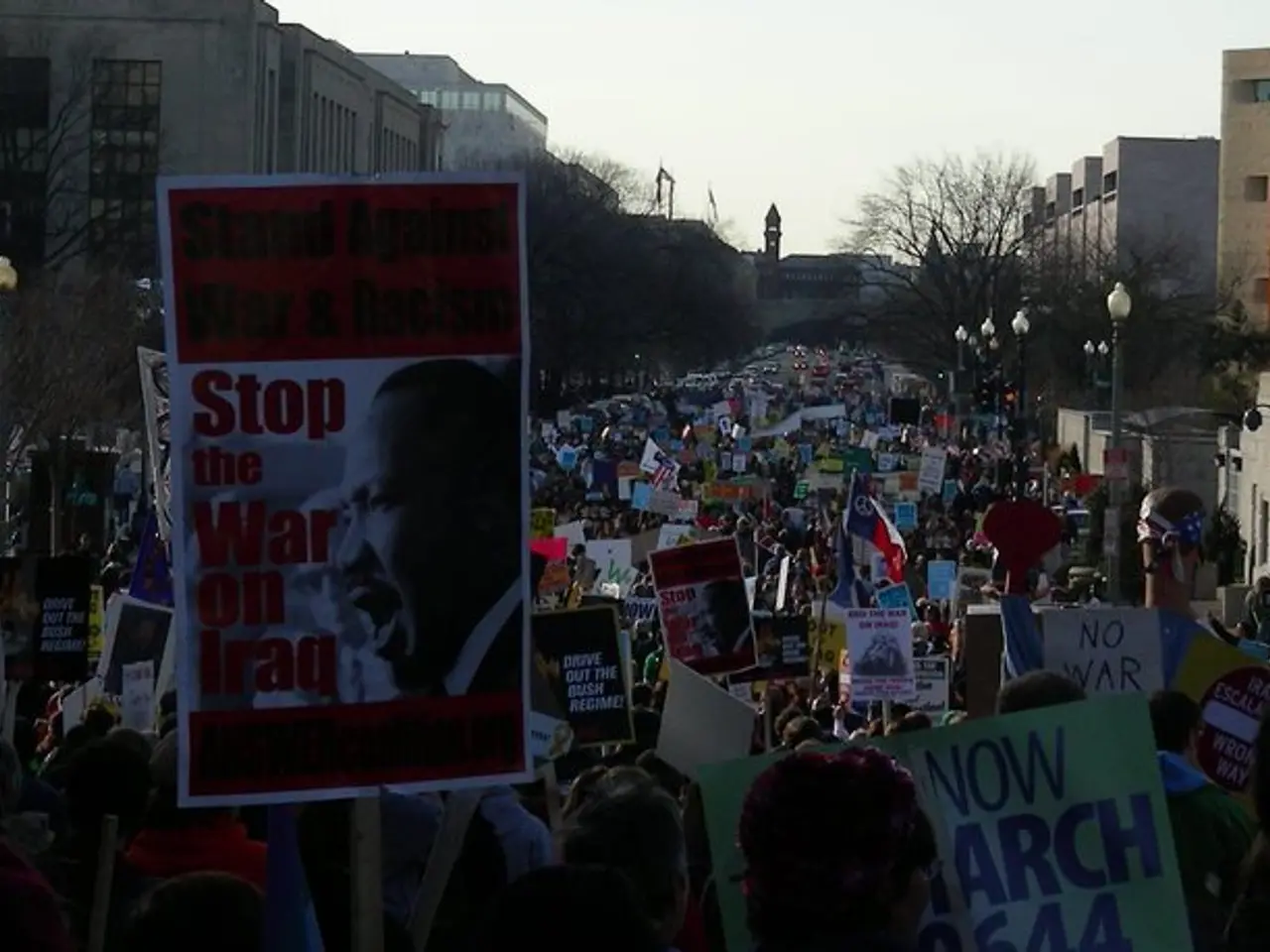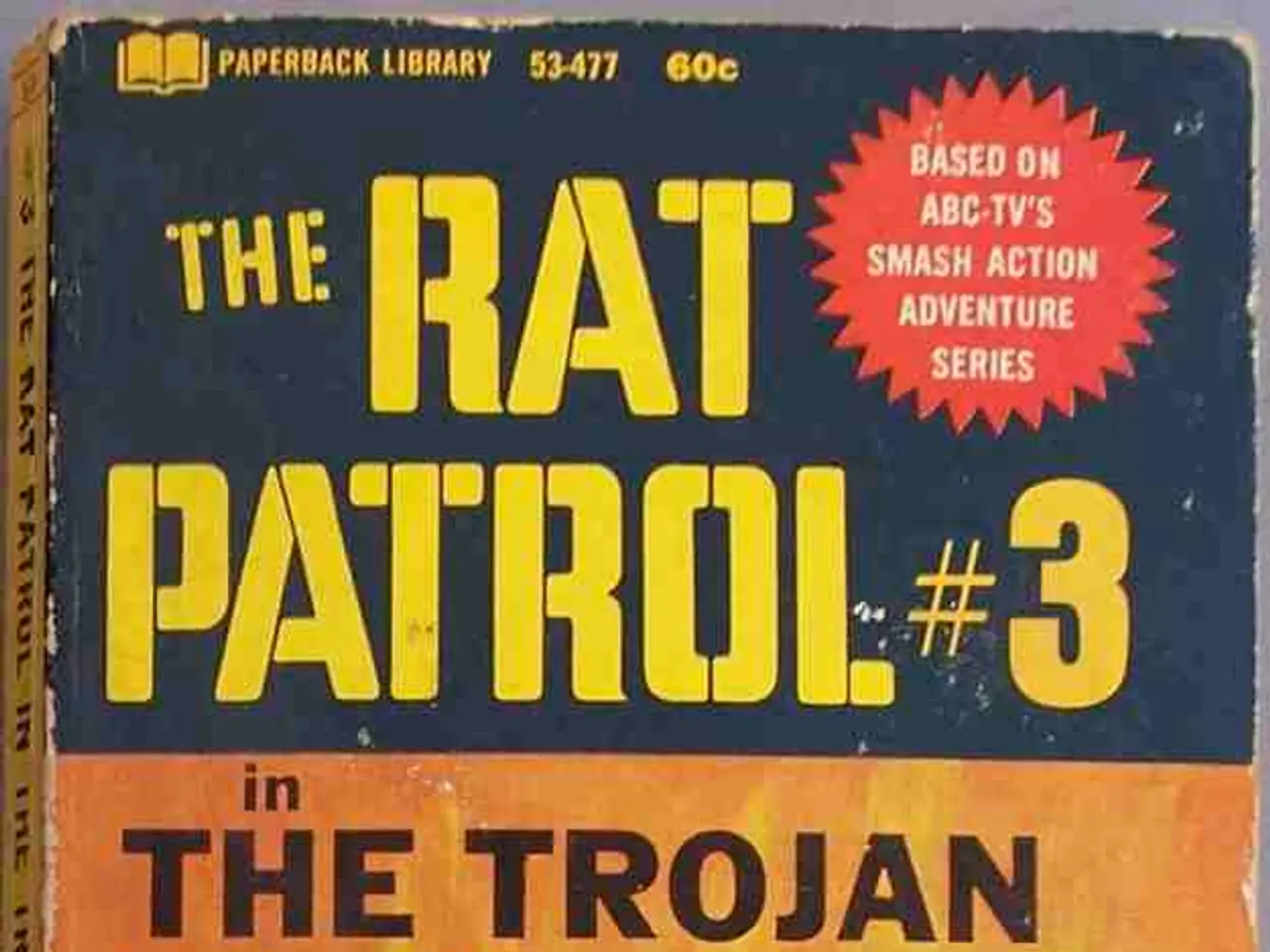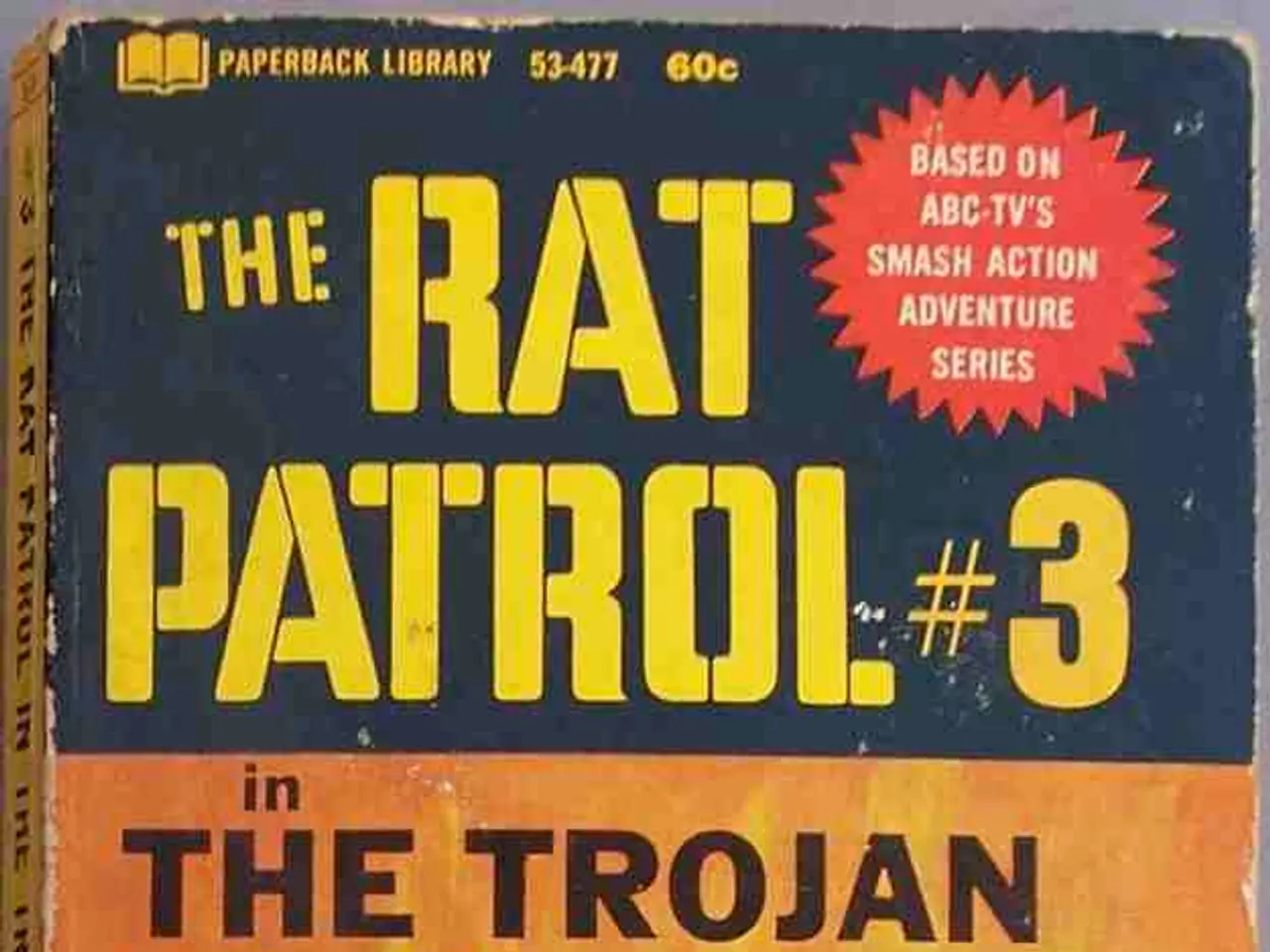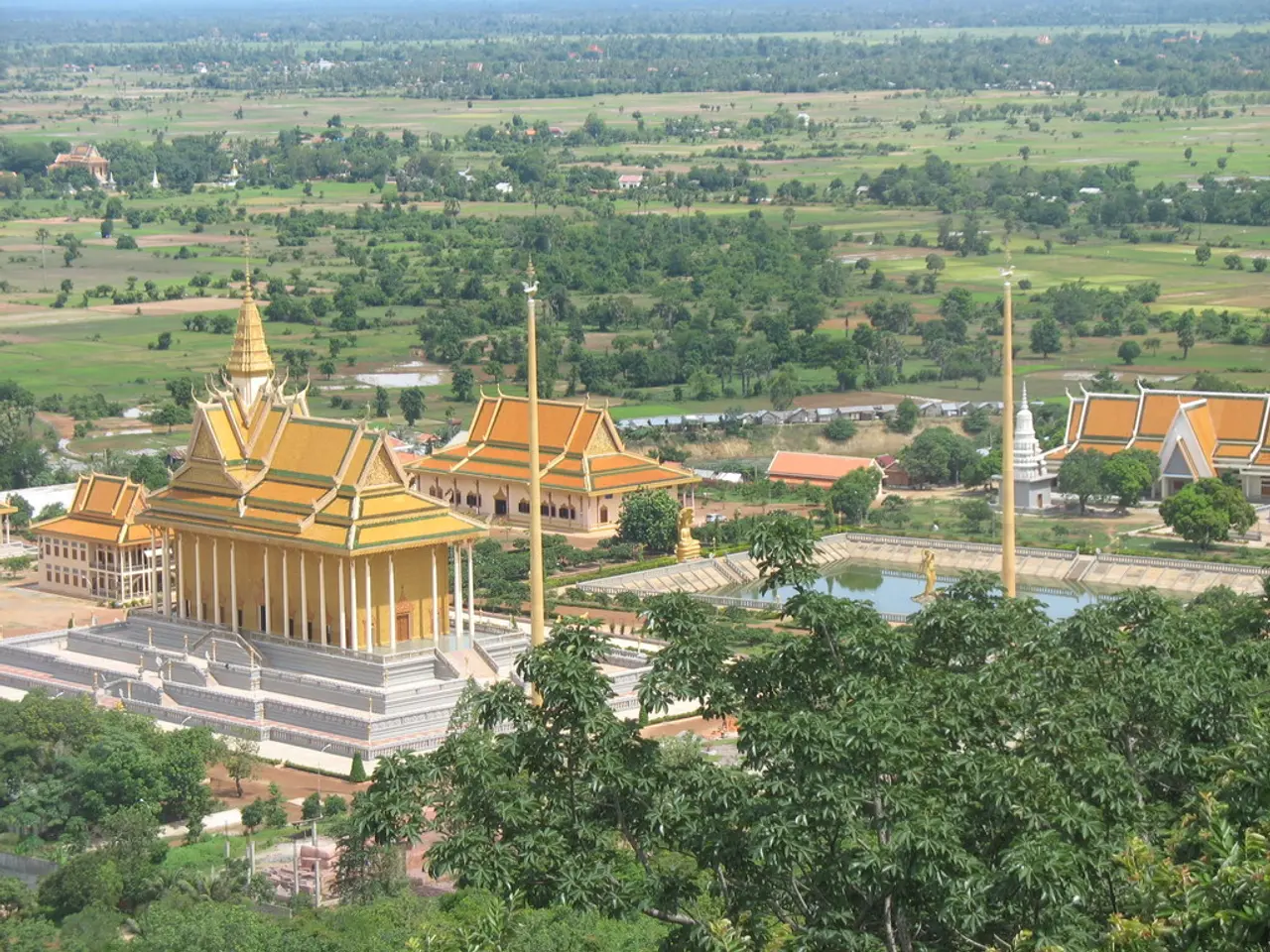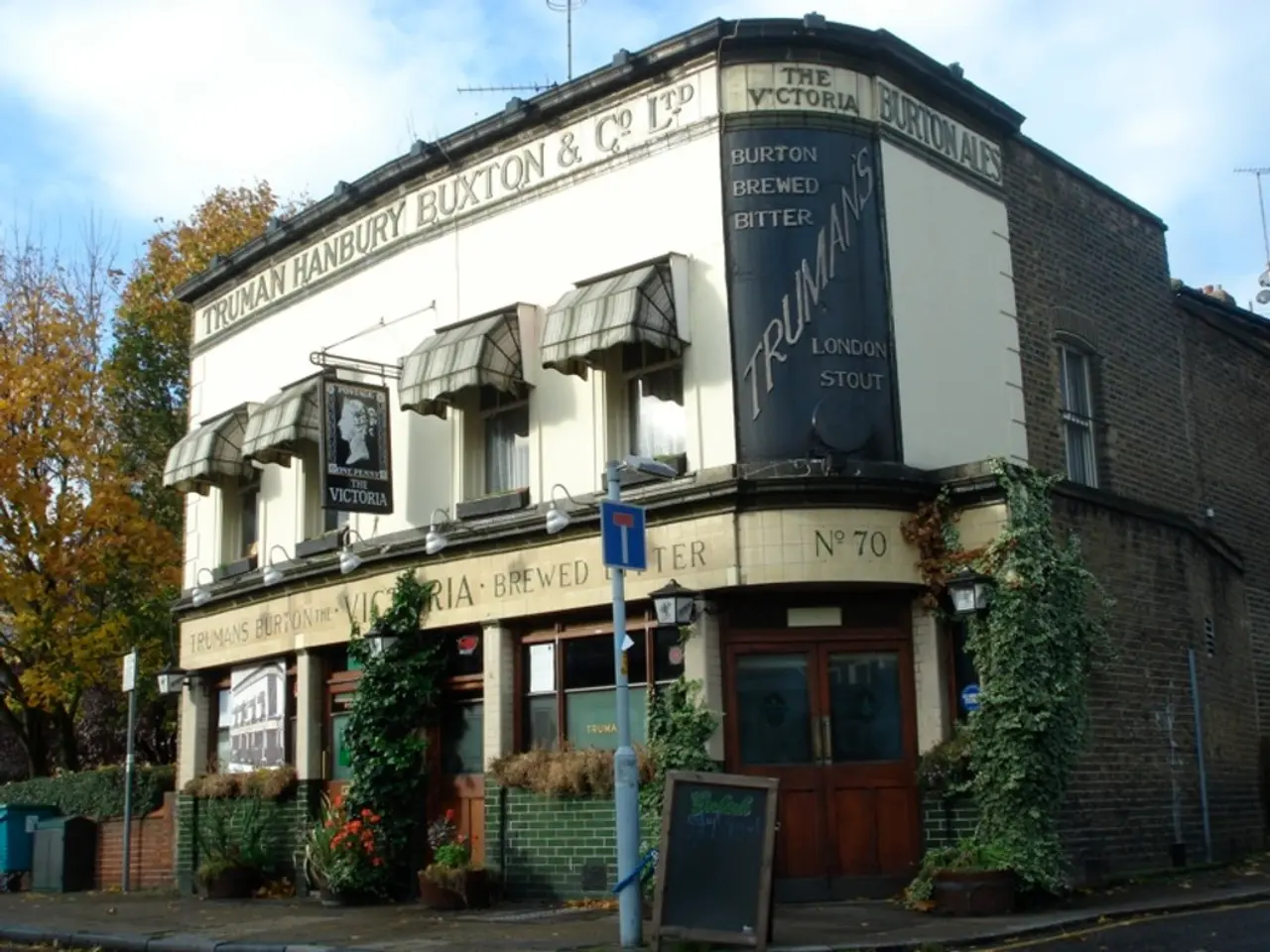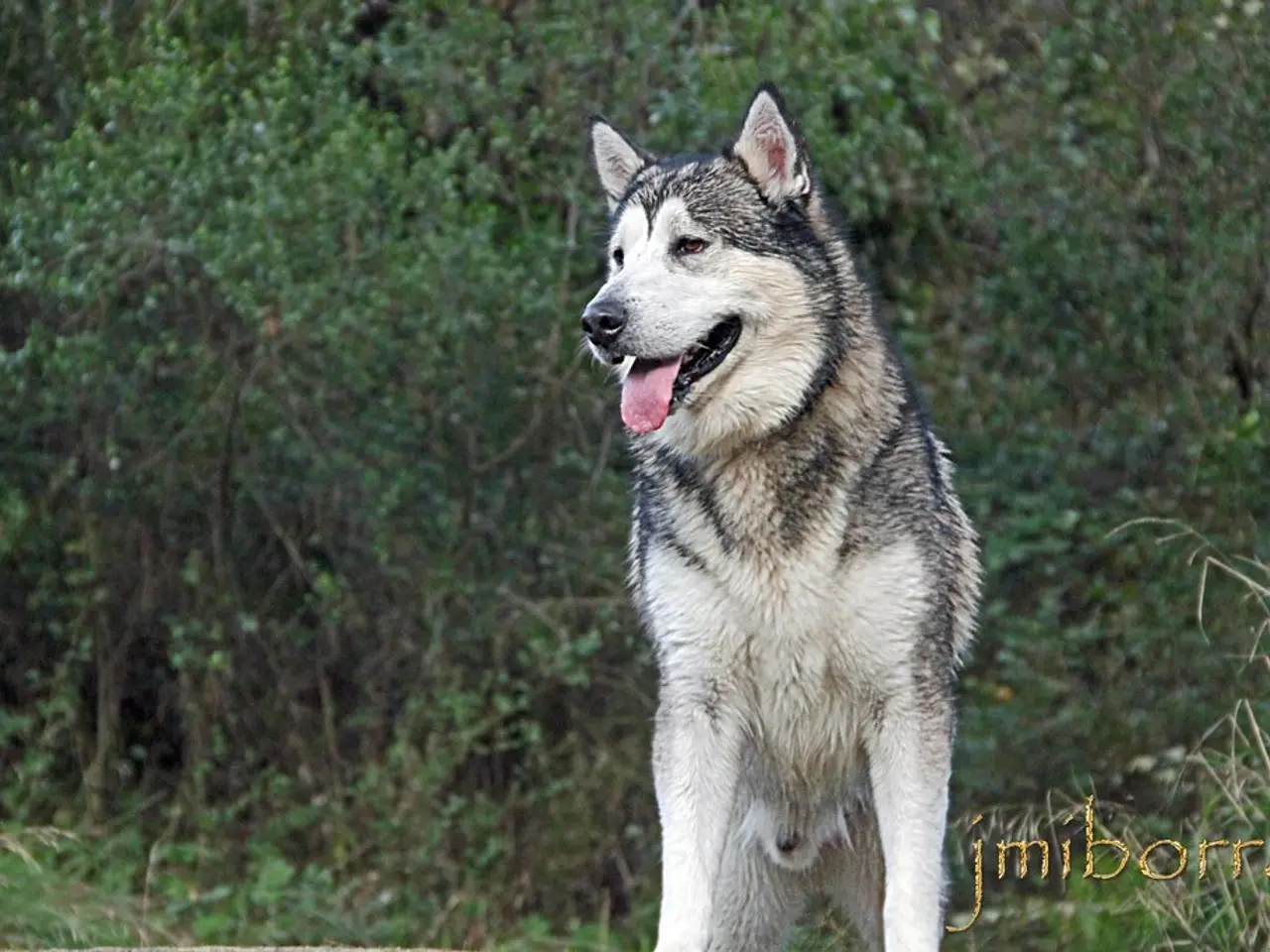PARIS FASHION WEEK Raises Controversy with CECOT-Themed Display
El Salvador alleges Paris fashion show unduly honors criminals
In the heart of Paris, designer Willy Chavarria sent shockwaves through the fashion industry with his show that paid tribute to El Salvador's notorious CECOT mega-prison. The controversial display, which mirrored the uniforms worn by inmates at the Terrorism Confinement Center (CECOT), has sparked a firestorm of debate about the ethics and implications of using such a complex and critical subject in high fashion.
Sitting at the epicenter of El Salvador's fierce anti-gang campaign, CECOT is a prison famed for its extreme conditions. Inmates, often accused of gang affiliation, face constant surveillance, unbearable solitude, and other dehumanizing punishments. Known as "the most criticized prison in the world," CECOT has become a symbol of justice, yet its methods have raised questions about the mistreatment of prisoners and potential human rights violations [1][2].
The connection between CECOT and the fashion world ignited a highly debated controversy. With the fashion industry under scrutiny for its perceived lack of sensitivity, Chavarria's decision to honor CECOT brought international attention to the dark reality of the prison but also invited criticism over the ethics of transforming such a sensitive issue into a fashion statement.
President Nayib Bukele, who oversaw the establishment of CECOT, responded to the controversy by expressing his stance against attempts to glorify criminality. The event comes amid a state of emergency Bukele initiated in 2022, allowing arrests without a warrant in his ongoing offensive against gangs [4].
Additionally, CECOT has been at the heart of US-El Salvador deportation controversies. In 2025, the Trump administration deported numerous detainees from the US to CECOT, including Salvadoran nationals and Venezuelan immigrants. Deportations prompted legal battles due to reports of insubstantial charges and accounts of physical and emotional torture [2][3][4].
As the dust settles around Chavarria's controversial Paris Fashion Week show, the broader context of CECOT as a symbol of severe state repression and human rights abuses within El Salvador continues to resonate, inviting ongoing discussions about representation in art and fashion [1][2][3].
[1] The Most Criticized Prison in the World: El Salvador's CECOT Mega-Prison[2] The Controversial Deportations of Detainees to El Salvador's CECOT Prison[3] Ethical Questions Raised by Willy Chavarria's Paris Fashion Week Show Honoring CECOT[4] The Trump Administration's Impact on El Salvador's CECOT Mega-Prison and Human Rights Concerns
The controversial Paris Fashion Week show, featuring designer Willy Chavarria's tribute to El Salvador's CECOT mega-prison, has led to a debate over the ethics of transforming such a sensitive subject into a fashion statement, given the prison's history of human rights violations and connections to controversial US deportations. The symbolism of CECOT also extends to the world of politics, as the prison represented severe state repression under President Nayib Bukele, who expressed opposition to any attempts to glorify criminality. This controversy has sparked discussions about representation in art and fashion, particularly in the broader context of CECOT as a symbol of justice and human rights abuses within El Salvador.

